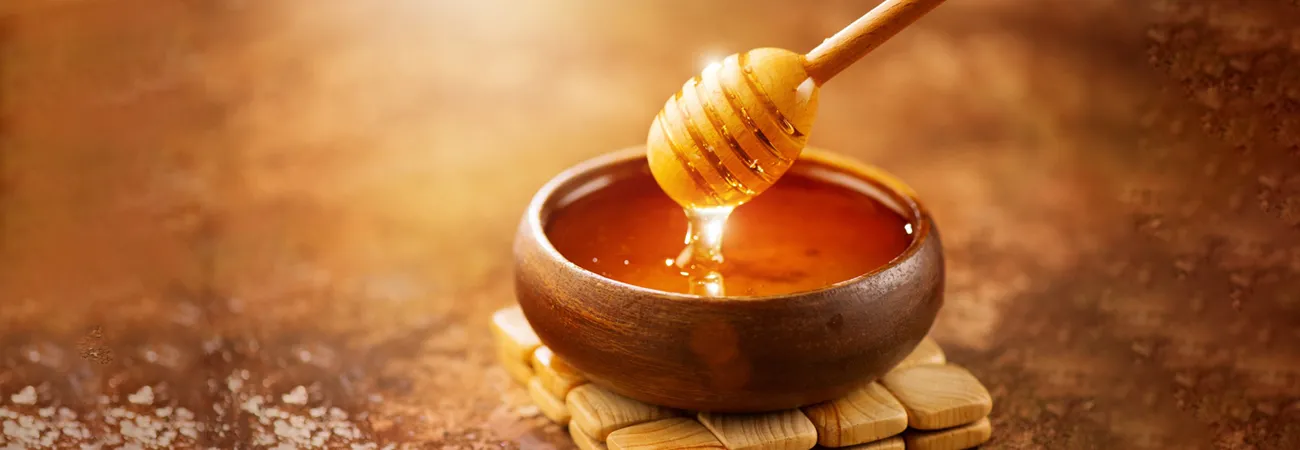i ECONOMY
To expand honey production and increase competitiveness in the international market, upgrading quality standards is vital, said M. Aslam, Senior Scientific Officer (SSO) at the National Agricultural Research Council (NARC), in an interview with WealthPK. Although Pakistan is capable of producing a variety of honey, a number of issues have restricted the industry's development, he said. "Beekeeping and honey farming is a sub-sector of the agro-processing sector, which contributes to generating income and jobs, particularly in the rural regions. Additionally, these activities play a crucial role in ensuring food security by enhancing crop yields through pollination. The increasing awareness about the health benefits of honey has caused a surge in its demand across the globe. Currently, the global honey market is worth USD7.84 billion, and over the last decade, global exports have increased by 35%, reaching USD2.3 billion. “Beekeeping and honey production have the potential to generate various economic benefits. However, despite having a favorable environment and diverse flora for producing quality honey, Pakistan still has not emerged as a significant producer and exporter of honey,” he said.
Sadly, this industry has not received the required attention due to several factors, such as the damage caused by pesticides, lack of application of modern technologies, insufficient compliance with international standards and certifications, and weak branding and marketing. “Quality standards play a pivotal role in ensuring the competitiveness of Pakistani honey in the international market. Adhering to the high-quality standards not only enhances consumer confidence but also opens up lucrative export opportunities," the NARC scientist said. Pakistan's lack of a structured value chain and development limits have prevented it from building honey brands and opening up the export market. Poor pre- and post-harvest procedures, lack of training and certifications, and lack of branding and marketing efforts plague the whole honey supply chain. “Because of this, the honey produced locally is rare in lucrative foreign markets such as Europe, the United States, and Japan; the exports are mostly restricted to the Middle East, such as Saudi Arabia and the United Arab Emirates. Therefore, it is necessary to enforce and upgrade quality standards throughout the honey production chain," he explained.
A pressing issue is the lack of modern laboratories equipped with advanced testing facilities. The current laboratory infrastructure falls short of meeting the demands of comprehensive quality testing, including adulteration detection, pollen analysis, and microbiological assessment. This deficiency not only hampers the sector's growth but also raises doubts about the authenticity and purity of Pakistani honey in the global markets. Only about 24% of Pakistan's yearly honey output is exported, a far less percentage than the 40% average worldwide that other honey-producing countries share. With a per capita intake of 50 grams compared to the far higher worldwide average of 150 grams, Pakistan consumes over 11,147 tons of honey domestically. The high price of honey (in comparison to sugar as a sweetener) and the general lack of understanding of the health benefits of honey are the main causes of low domestic demand. Despite the low demand, the honey market in Pakistan is projected to be worth USD50 million, including USD1.8 million in imports.
Credit: Independent News Pakistan









